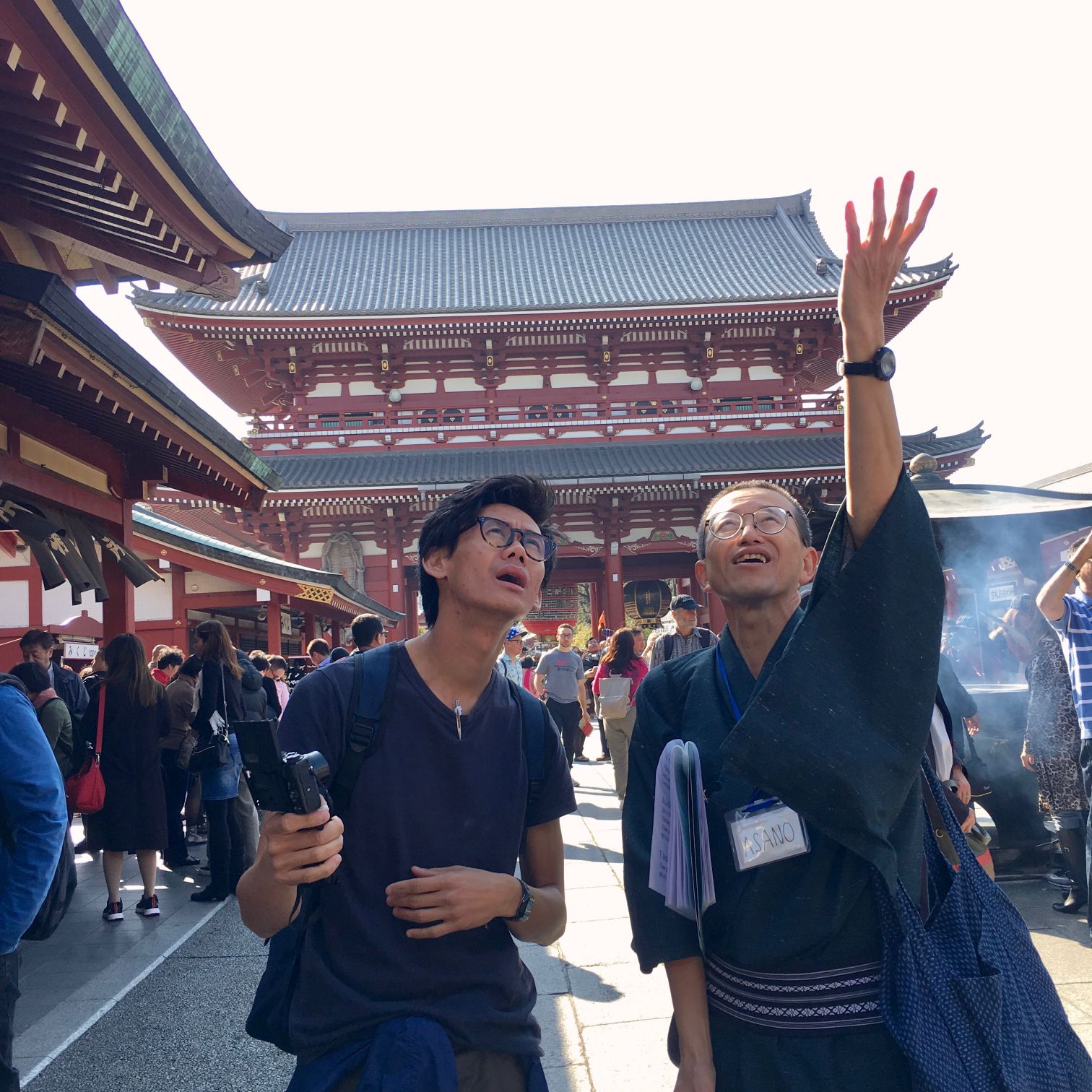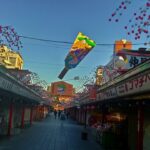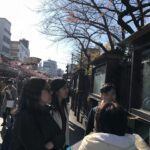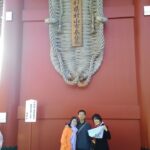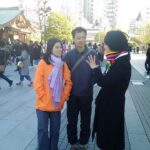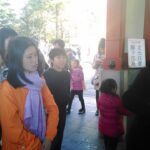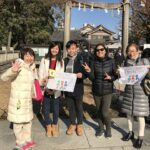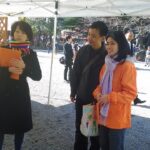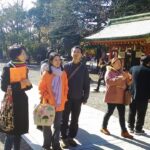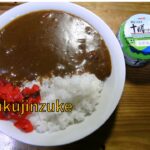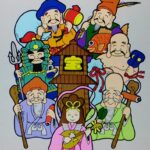
Thank you for joining our Tokyo Free Walking Tour in Asakusa areas.
With the sunny and occasional cloudy weather, we welcomed around ten people from different parts of the world like Germany, Singapore, U.S.A., and Canada.



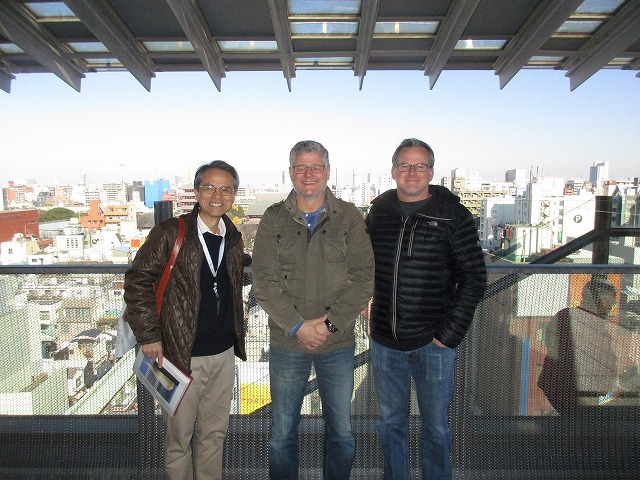
After the brief introduction, we went to Asakusa Information Center to look at the breathtaking view of the historical site from its rooftop.
Then, we went through Kaminarimon Gate, or Thunder Gate and proceeded to Nakamise Street.
Nakamise street is the shopping road and the approach to Sensoji Buddhist temple, which have been main landmark in Asakusa for a long time.
When we arrived at the commercial street, it was already crowded with tourist while walking through the prominent street.
A lot of sign boards hanging above this lovely street truly display the atmosphere associated with the new-year season in Japan.
Another interesting topic that we talked about the upcoming New Year is “Shichifukujin”
Shichifukujin it is a compound word made up of the words “Shichi” which means “seven” and “fukujin” that translates to “lucky gods” in English.
These gods are believed to have arrived aboard a ship full of treasures and their tasks are to bring people good fortune when it comes to life and business.
Each lucky deity has his or her own characteristic feature to give people comfort and prosperity in life.
For instance, Ebisu, often depicted holding a fishing rod, is the god of fishing, commerce and agriculture.
On the other hand, Daikokuten, who is described to be standing on bags of rice, wielding a lucky hammer on one hand, and carrying a big sack on the other, is also the god of agriculture.
Likewise, other deities are also respected and celebrated as gods of longevity, marriage and academic achievements, alike.
In fact, during New Year’s season, many Japanese people visit shrines and temples that house some of these lucky statues.
This is because they want to welcome the new-year with an ideal perspective in life and business, with the help of these majestic deities. They also want to ask favors from the deities to continue granting them good fortune.
Interestingly, the name and image of Shichifukujin have been used for commercial purposes. Fukujinnzuke, a brand of pickles, which uses “SEVEN” vegetables in its products, is associated with the number of the Shichifukujin.
This brand has been deemed suitable and adds perfect flavor to curry and rice.
Why don’t you visit Shichifukujin deities in these historical areas?
(By Arac)

